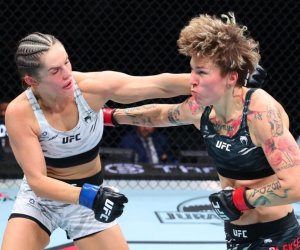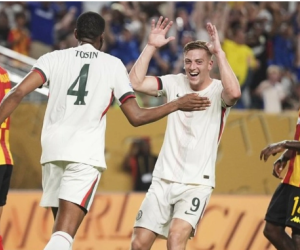We complain about money, but it's made the Premier League better than ever

It has been happening all season. City losing at home to Stoke, West Bromwich winning at Tottenham, Crystal Palace beating Everton at Goodison: you might as well consult the tea leaves in an attempt to second guess what might happen. As Jose Mourinho aptly put it “the Premier League is not just different, it is crazy”.There is a simple reason for this apparent leavening of expectation: money. Suddenly everyone has enough of the stuff to make a difference. Cash – always king in this game – is working assiduously to even things out. The pitch appears to have become flatter than ever before. The Premier League has long prided itself on the suggestion that on any week, any team can beat any team. But now it is no longer an unusual event. It is becoming routine. The Premier League chief executive Richard Scudamore may have a less than modern attitude to female emancipation, but in this he is entirely egalitarian: he ensures every season that the organisation’s television bounty is evenly spread. It has always been thus. Sure, there are bonuses the higher up you finish – the top club scoops more than the bottom - but the distribution is more democratically delivered than anywhere else in the world. And this season, following the hugely inflated television rights deal Scudamore negotiated with Sky and BT, the rewards are such that every club in the division has within its current account the opportunity to buy and retain the best around. Last season Cardiff, for finishing bottom of the league, trousered £62.1million. The year before, the champions Manchester United scooped £60.8million. Think about what a minimum of £62.1million as your basic income can deliver: that huge increase in spending power at the bottom of the league has transformed the smaller clubs’ ability to compete for talent on the world stage.This is wholly unlike Spain, for instance, where Barcelona and Real Madrid hoover up a disproportionate amount of the television cash, and are thus the only clubs able to shop on the world market for the very best. It means only the arrival of a truly exceptional side, marshalled by a truly exceptional manager, can disturb their cosy status quo. Which is roughly what Diego Simone and Atletico Madrid did last season. In England where the newly enriched income is uniformly passed around, the result is that every single club can now compete in the international market.You only have to look at Leicester City, newly arrived in the Premier League, but able, on the certainty of television payment, to recruit talent as elevated as Leonardo Ulloa and Esteban Cambiasso. As recently as two seasons ago, the two Argentines would have been way off the budget for a newly promoted side. This year, it is possible to pay them enough to bring them on board.Southampton, too, have been able to shop with confidence for replacements for those who left in the summer. The club looked as if it were to pay a horrible price for being the division’s research and development department, losing out on players and management who others had seen cutting their teeth on the south coast. Mauriccio Pochettino, Adam Lallana, Dejan Lovren, Rickie Lambert, Luke Shaw all went on to supposedly higher things. But Southampton had the television cash to respond. They bought the two best players - Gaziano Pelle and Dusan Tadic - as well as the best manager – Ronald Koeman – from the Dutch League. If anything, that has made them all the better equipped this season to spring a surprise than they were last. As they did on Tuesday night against an admittedly weakened Arsenal in the Capital One Cup.Southampton are not the only ones. Palace bought James McArthur, Sunderland Jack Rodwell, QPR Sandro: all players who might have been considered beyond the reach of such clubs in previous years, but are now available thanks to the influx of new money. Because in football there has only ever been one certainty: the price is always right.You only have to look at the total amount spent by the Premier League in the last transfer window to see how things have changed. £835million was forked out by the English based top 20. And not all of that was spent by Louis Van Gaal. Compare that with the £425million outlay in Spain, the £260million in Italy and the £250million in Germany. As was always likely to be the case, the huge upshift in cash intake in the Premier League clubs generated by the new television deal is being spent on players. But what it means is, everyone can buy in proper talent. And since at the very top of the game, the margins of excellence are so slight, that has an inevitable knock-on effect on competitiveness.Naturally those with more of the folding stuff than the rest – Chelsea, City, Arsenal – are likely eventually to come out on top. But in the meantime the rest are playing on a much more even pitch than ever before. It means every week anything can happen. Which makes the task of attempting to offer prediction frankly impossible. Or at least that is my excuse.(uk.eurosport.yahoo.com)Bakudaily.Az
Latest news 
More news 



































 Photo
Photo 



 Video
Video 

